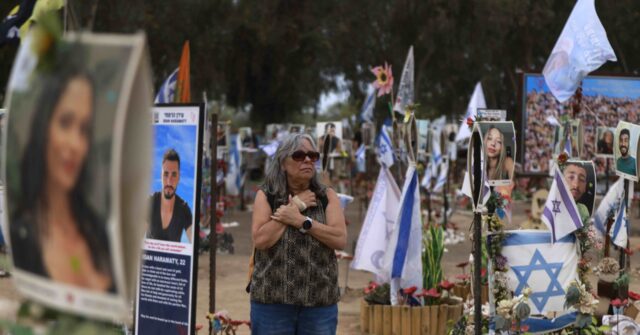As Israel approaches the somber anniversary of the devastating Hamas attacks on October 7, 2023, the nation is heightened in vigilance against potential terror threats. Security concerns include the risk of long-range rocket attacks from Gaza, coinciding with the heightened emotions and memories stirred by the anniversary. In a recent incident in Be’er Sheva, a gunman attacked the central bus station, resulting in multiple injuries and one reported fatality. This underscores the tense atmosphere as the country prepares for likely commemorative events while staying alert for similar acts of violence.
The October 7 attack marked a watershed moment in Israel’s history and initiated an ongoing war that has drastically altered the security landscape. The conflict has seen the near-complete destruction of Hamas in Gaza, with efforts underway to weaken Hezbollah in Lebanon. Despite military success, the psychological scars and grief inflicted by the attacks remain deeply embedded within Israeli society. The pain is particularly prevalent in communities like Kibbutz Nir Oz, among the hardest hit, where survivors and families of those lost will honor their memories in a ceremony attended by President Isaac Herzog. His presence is a gesture of solidarity and communal healing as the nation collectively confronts its grief.
In a deeply emotional message, President Herzog reflected on the profound impact of the October 7 attacks, highlighting the brutality and loss experienced by countless families. He addressed ongoing trauma, underscoring that the passage of time has not diminished the suffering of those still mourning or coping with the ongoing captivity and mistreatment of hostages. His address calls attention to the persistent fears of antisemitism and the existential threats posed by Iran and its proxies, emphasizing the need for resilience in the face of adversity. Despite ongoing struggles, Herzog’s words echo a shared commitment to remembrance and a call to solidarity, reinforcing a collective national identity born from hardship.
Herzog articulated a poignant vision of strength, resilience, and unity amid tragedy, urging people to open their hearts and acknowledge the pain of the past while looking towards a hopeful future. He emphasized the importance of community and redefined purpose in both personal and national narratives, drawing upon Jewish history and values as a foundation for resilience. His hope is for individuals and communities to find renewed strength in unity, expressing a commitment to pursuing peace and security as essential goals, while recognizing the ongoing need for healing and reflection.
Internationally, awareness of the anniversary has sparked responses from Jewish communities and leaders around the world. Events are being organized in solidarity with Israel, reflecting the global impact of the October 7 attacks. In the UK, gatherings are planned to honor the memories of victims and support Israel in its pursuit of security and peace. Conversely, pro-Palestinian protests are also anticipated, showcasing the polarized sentiments regarding the conflict. This complex landscape of global reactions underscores a shared human grief yet reflects the varying perspectives on the broader geopolitical realities.
The updates on the hostages still held in Gaza further underline the continuing distress surrounding the aftermath of the conflict. Despite some being rescued, a significant number remain captive, with heartbreaking uncertainty surrounding their fates. This ongoing crisis adds layers to the commemoration of the October 7 attacks, as families and communities deal with lingering pain and unresolved issues. The memories of the past year—as well as the commitment to healing and rebuilding—will shape Israel’s ongoing narrative, fostering a community that stands firm against hatred while aspiring to a more peaceful future.

